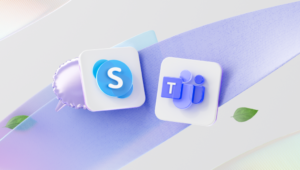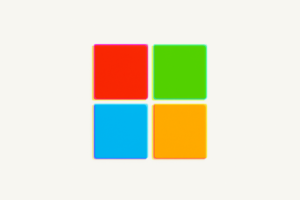Microsoft Introduces ‘Computer Use’ Feature for Copilot Studio

Microsoft Introduces "Computer Use" for Copilot Studio
Microsoft has recently rolled out an exciting feature called "Computer Use" within its Copilot Studio. This is currently available in an early research preview. The feature allows AI agents to interact with graphical user interfaces, expanding the capabilities of AI in various practical applications.
Understanding the Technology Behind Computer Use
The "Computer Use" feature is built on OpenAI’s CUA technology, which is also utilized by another Microsoft offering known as Operator. One of the standout aspects of Microsoft’s implementation is its ability to manage not just online platforms, like websites, but also desktop applications. This functionality makes it a versatile tool for businesses and users who rely on multiple types of software to perform tasks.
Key Features of Computer Use
Wide Application Integration: The technology can interact with both web-based and desktop applications, making it suitable for diverse tasks.
Security and Privacy: An important aspect of Microsoft’s offering is the assurance that organization data stays within the Microsoft Cloud. This information is not utilized for training the models, which alleviates concerns regarding data privacy.
- Automated Tasks: With this new feature, potential applications include tasks such as:
- Automated Data Entry: Reducing manual input errors and increasing efficiency.
- Market Research: Gathering and analyzing data from various sources swiftly.
- Invoice Processing: Automating the handling of invoices, which can streamline financial operations.
The Evolution of Robotic Process Automation (RPA)
Microsoft is positioning "Computer Use" as a significant advancement in robotic process automation (RPA). RPA has traditionally focused on automating repetitive tasks, but with the integration of AI, it can now handle more complex operations. By using intelligent agents to interact with user interfaces, organizations can automate processes that previously required human intervention.
Implications for Businesses
The introduction of AI agents within Copilot Studio could lead to several transformations in how businesses operate. Here are some implications of this technology:
Increased Efficiency: By automating routine tasks, employees can focus on higher-level responsibilities that require creative thinking and problem-solving.
Cost-Effectiveness: With automation handling various processes, businesses could face a reduction in operational costs over time.
Enhanced Accuracy: Automated systems can minimize human error, leading to improved accuracy in data handling and processing tasks.
- Scalability: Organizations can easily scale their operations with the help of AI, adjusting to changing demand without a proportional increase in workforce.
Future Opportunities
As Microsoft continues to develop this feature, the potential applications seem vast and beneficial for many sectors. Industries such as finance, healthcare, education, and logistics could leverage this technology to improve their workflows significantly.
With continual improvements in AI and machine learning, businesses are on the brink of revolutionizing the way they manage tasks and data. This technology illustrates a shift towards more intelligent systems that not only assist but actively contribute to the efficiency of operations.
As more organizations adopt such features, it’s likely we will witness an accelerated shift towards a future where AI-driven processes become the norm rather than the exception. The full realization of "Computer Use" within Copilot Studio could represent a pivotal moment in the evolution of workplace technology.





